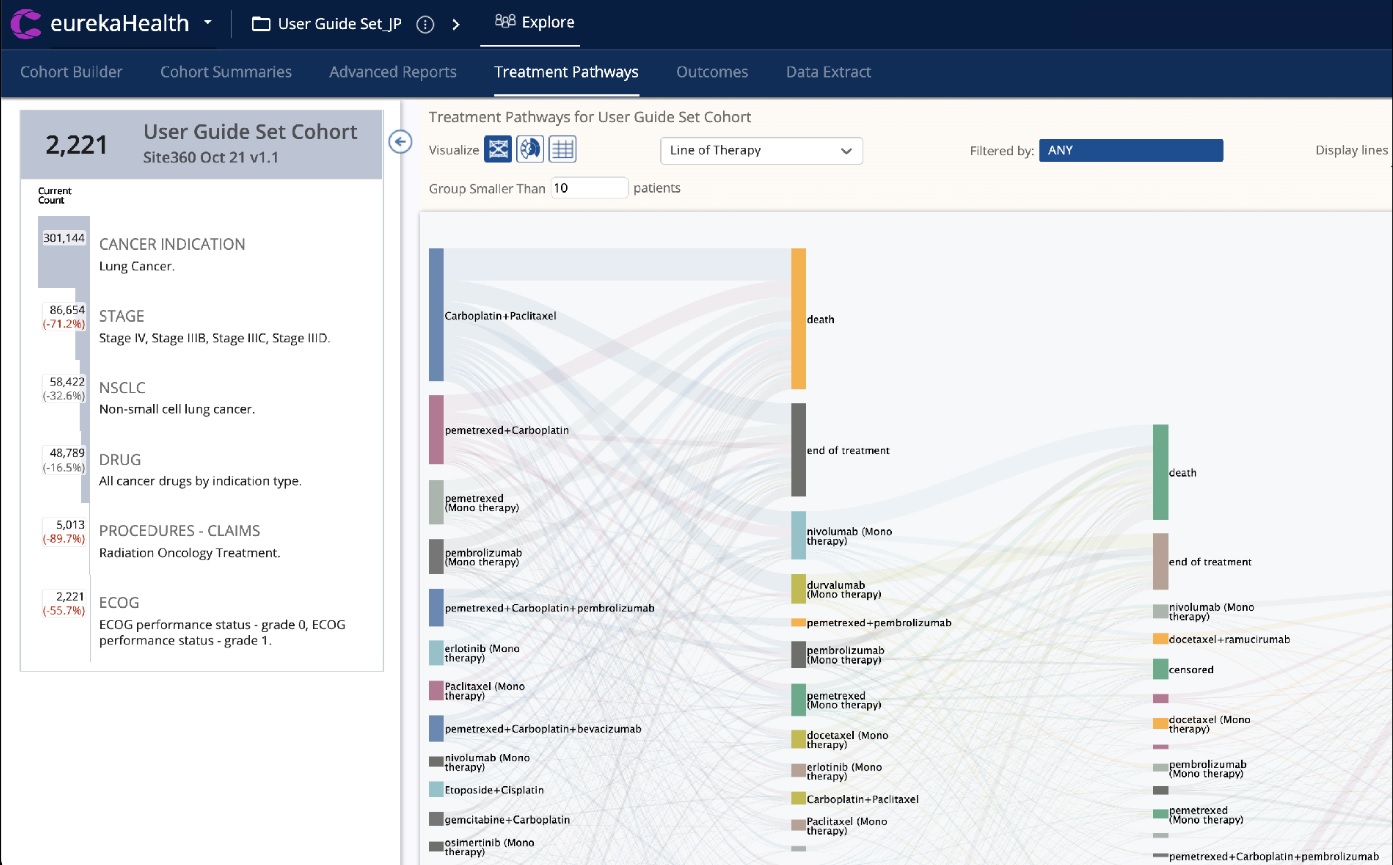ConcertAI Unveils Next-Generation Clinical Trial Optimization Platform, CTO 2.0
ConcertAI, an AI Software-as-a-Service (SaaS) and Real-World Evidence (RWE) solutions provider for the life sciences and healthcare sectors, recently announced the launch of its Clinical Trial Optimization (CTO 2.0) platform. The new platform aims to address critical imperatives for trial sponsors, such as ensuring diverse representation of patient populations, meeting productivity goals, and facilitating site activation and enrollment.

Image credit: ConcertAI
The CTO 2.0 platform incorporates an array of advanced features, including clinical depth and tools, integrated data from multiple sources, comprehensive site- and investigator-level information, and operational trial metrics. Its study digitization layer enables the analysis of any depth of inclusion and exclusion criteria, while APIs facilitate seamless integration with legacy systems and past study protocols.
The platform's optimizer and recommendation engines provide study-level optimizations and semi-automated site selection, making it easier for researchers and clinicians to identify the most suitable sites for clinical trials. Additionally, CTO 2.0 employs the latest clinical informatics integrations and data standards, ensuring that research can be conducted at scale and adhering to enhanced standards of care.
ConcertAI's Chief Operating Officer, Ronan Brown, emphasized the potential of CTO 2.0 in transforming the clinical trial planning and operations landscape. The platform's innovative features will enable greater reliance on large-scale, multi-sourced, low-latency clinical datasets, which can support new trial designs, reduce site burden, and improve patient diversity.
The increasing role of AI technology in clinical trials
The application of artificial intelligence (AI) in clinical trial optimization has been gaining momentum in recent years, driven by the potential to revolutionize the way clinical trials are designed, conducted, and analyzed. AI can play a crucial role in several aspects of clinical trial optimization, which we explore further below.
Patient Recruitment and Retention
One of the most significant challenges in clinical trials is identifying and enrolling eligible patients promptly. AI algorithms can analyze vast amounts of patient data from electronic health records (EHRs), medical claims, and social determinants of health to identify suitable candidates for specific trials. Furthermore, AI can help predict patient adherence to trial protocols and identify potential retention risks, allowing researchers to implement targeted strategies to improve retention rates.
Trial Design and Protocol Development
AI can assist in designing clinical trial protocols by analyzing historical trial data and real-world evidence to determine the most effective trial design for a given intervention. Machine learning algorithms can explore numerous trial design possibilities, identify trends, and suggest modifications to optimize the study. This process can ultimately lead to improved trial efficiency, reduced costs, and a shorter time to market for new therapies.
Site Selection and Monitoring
AI-powered platforms can evaluate the performance of clinical trial sites by analyzing data on their historical performance, trial completion rates, and patient enrollment. This information can help sponsors and clinical research organizations (CROs) identify high-performing sites, potentially reducing trial timelines and costs. Additionally, AI can be employed for remote monitoring of trial sites, ensuring adherence to trial protocols, and identifying potential risks or deviations in real-time.
Data Management and Analysis
Handling and analyzing the vast amounts of data generated during clinical trials can be a daunting task. AI can streamline data management by automating data entry, cleaning, and validation processes, ensuring the accuracy and integrity of the data. Moreover, AI can help researchers analyze complex trial data, identify patterns, and detect potential safety concerns or treatment effects more quickly than traditional statistical methods.
Personalized Medicine
As precision medicine continues to advance, AI is becoming instrumental in identifying specific patient subgroups that are most likely to benefit from targeted therapies. By analyzing genetic, molecular, and clinical data, AI can enable more accurate patient stratification and facilitate the development of personalized treatment plans.
In conclusion, the integration of AI into clinical trial optimization holds great promise for improving trial efficiency, reducing costs, and accelerating the development of new therapies. By harnessing the power of AI, stakeholders in the life sciences and healthcare sectors can work together to revolutionize clinical trial planning and operations, ultimately benefiting patients worldwide.
Topics: Emerging Technologies